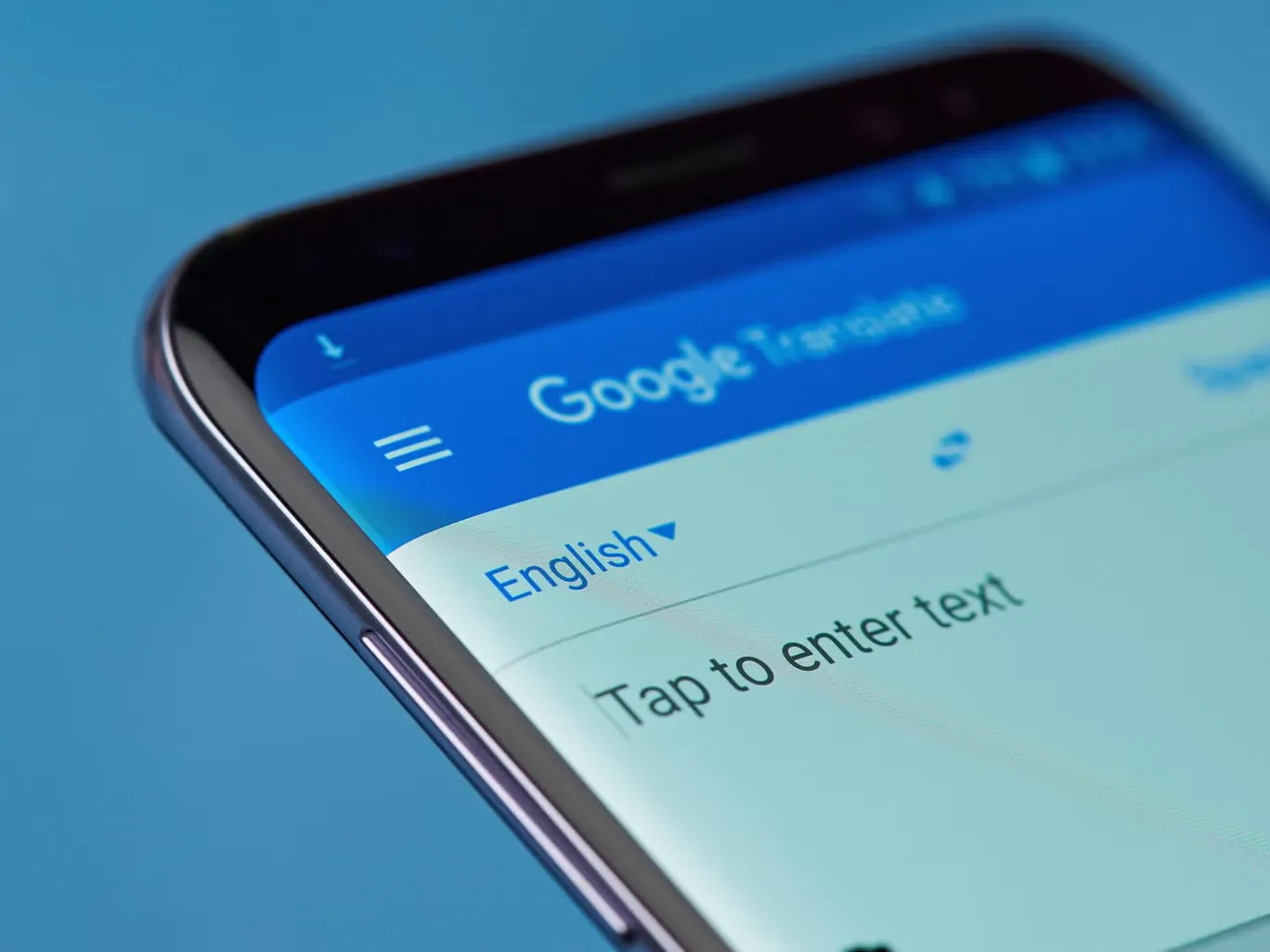Google is significantly expanding its Translate service by adding 110 new languages, marking the largest inclusion of African languages to date. This major update aims to break down language barriers and connect more people worldwide, with a quarter of the new additions coming from Africa.
According to ConnectAfrica.com, the new languages include Fon (Benin), Kikongo (Republic of Congo, Gabon, Angola), Luo (Kenya, Tanzania), Ga (Southeastern Ghana), Wolof (Senegal), Siswati (Eswatini, South Africa), Tshivenda (South Africa, Zimbabwe, Mozambique), Afar (Djibouti, Eritrea, Ethiopia), NKo (Guinea, Guinea-Bissau, Mali, Ivory Coast, Burkina Faso, and other West African countries), and Tamazight (Morocco, Algeria). This expansion opens up translations for over 614 million speakers, encompassing around 8% of the world’s population.
Google’s initiative is part of its ambitious 1,000 Languages Initiative, which aims to build AI models supporting the 1,000 most spoken languages globally. PaLM 2, Google’s next-generation language model, will power this expansion, offering improved multilingual, reasoning, and coding capabilities. This model builds on Google’s legacy of breakthrough research in machine learning and responsible AI.
In addition to this update, Google Translate added 24 more languages in May 2022 using Zero-Shot Machine Translation, where the model learns to translate without seeing an example. This included African languages like Bambara (Mali), Ewe (Ghana, Togo), Krio (Sierra Leone), Lingala (Democratic Republic of the Congo, Republic of the Congo, Central African Republic, Angola, South Sudan), Luganda (Uganda, Rwanda), Oromo (Ethiopia, Kenya), Sepedi (South Africa, Botswana), Tigrinya (Eritrea, Ethiopia), Tsonga (Eswatini, Mozambique, South Africa, Zimbabwe), and Twi (Ghana).
“Google Translate breaks down language barriers to help people connect and better understand the world around them,” the company stated.
Let Us Build Your Online Success!
We are the experts in creating visually stunning and functional websites. With reliable hosting and exceptional customer support, we bring your vision to life. Join hundreds of happy clients who trust us!
Get Started Now📞 Call/WhatsApp: +256 207 800 192
Meanwhile, the Creative Industries Initiative for Africa (C.I.I.F.A.), in collaboration with Google, is launching the second cohort of the Engage Nigeria programme. This transformative initiative aims to equip 8,000 youth with skills in the creative industry. Part of the Skill Sprint initiative launched in 2023, Engage Nigeria seeks to empower 20,000 Nigerian women and youth with essential digital skills.
This cohort will benefit 6,000 creatives across Nigeria, building on the success of its inaugural cohort, which trained over 2,200 participants. The programme offers comprehensive training in music business and production, event planning and management, cinematography and videography, animation, graphic design, and content creation. Participants will also receive mentorship from seasoned professionals and networking opportunities with industry leaders.
“Our mission at C.I.I.F.A is to empower the next generation of creative professionals in Africa. Partnering with GOYF Community Digitech Hub allows us to reach more young talents in Eti-Osa 02, providing them with the tools and knowledge to succeed in the creative economy,” said Godwin Tom, founder of C.I.I.F.A.
Olumide Falegan, Manager of EMEA Music & Culture at Google SSA, emphasized the potential of Nigeria’s youth, stating, “Digital technologies are not just tools; they are catalysts for endless possibilities. Through these platforms, our young talent can emerge as key contributors to the digital economy.”

